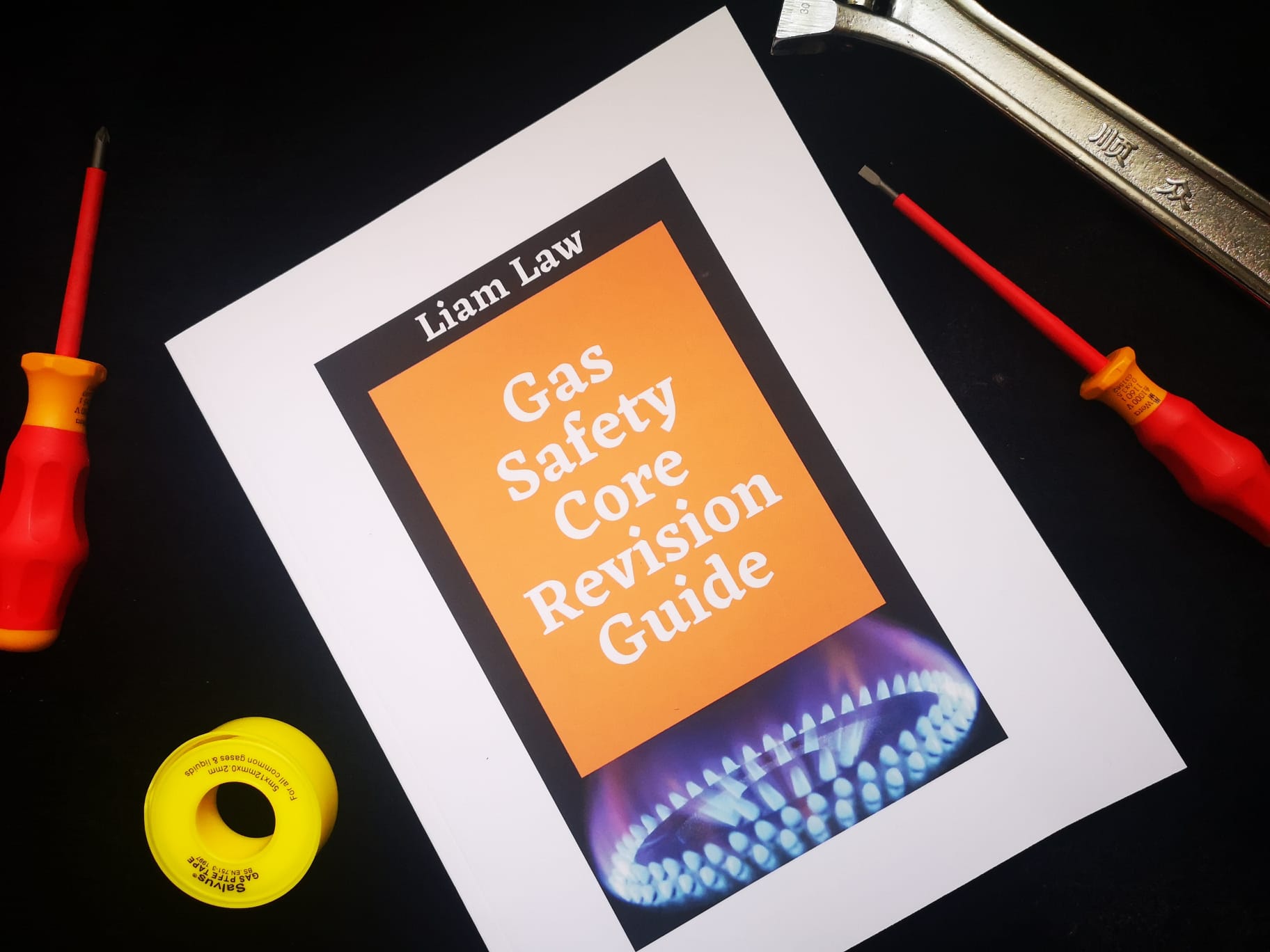Contrary to what you might see in the media, gas engineers are in still in demand and will be for many more years as long gas appliances keep being sold. So a career as a gas engineer still gives you job security being a specialised skill which takes knowledge and experience to carry out. Here, we look at how to become a gas engineer.
Gas engineers are in high demand due to a shortage of skilled workers in the trades industry. You can train as a gas engineer in as little as 26 weeks with fast-track courses. The starting salary for a gas engineer is £32,000, which is £6,000 more than the national average starting salary. You can choose to specialise in different types of gas appliances and work for a company or run your own business.
Becoming a gas engineer is a rewarding career path for those who are passionate about working with gas appliances and systems. As an engineer, you will be responsible for installing, repairing, and maintaining gas appliances and equipment in homes and commercial buildings.
To become a gas engineer, it is essential to obtain the necessary qualifications and certifications, including being registered with the Gas Safe Register, the official registration body for gas engineers in the UK. The Register is a vital part of the gas industry, ensuring that all gas engineers are trained and qualified to work safely and competently with gas. By becoming a Safe Registered gas engineer, you can build a successful career in an industry that is always in demand.
How to become a gas engineer: step by step
Gas engineers are technical professionals who install, maintain, and repair equipment and appliances that use natural gas or LPG. To become a gas engineer, you need to complete an apprenticeship scheme, build a portfolio of work, complete ASC training and assessments, obtain industry qualifications and enter the Gas Safety Register. Essential skills for gas engineers include industry knowledge, technical aptitude, communication skills, and problem-solving ability.
- Step 1: Apply to a fast track gas training provider.
- Step 2: Centre based training.
- Step 3: Build your portfolio of gas jobs.
- Step 4: ACS Assessment by a professional body.
- Step 5: Register with Gas Safe.
- Step 6: Train to work with additional gas appliances.
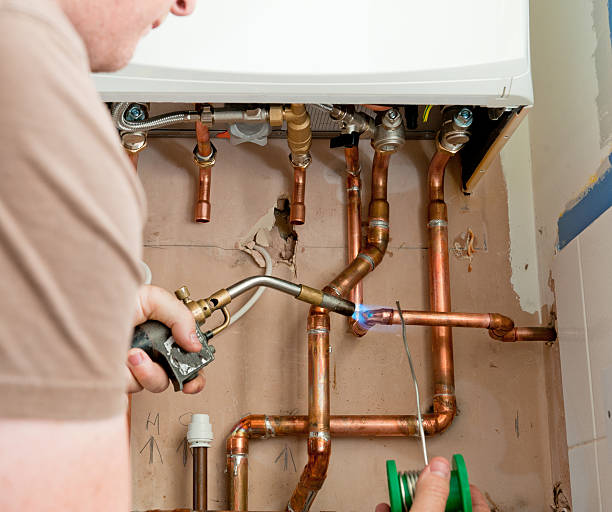
What do gas engineers work on?
A gas engineer is a professional who works with gas appliances. Most people are familiar with them from their own homes, where installing and repairing gas boilers is a common job for a gas engineer.
Gas engineers can work on a wide range of gas appliances, including gas cookers and central heating systems in both residential and commercial settings, depending on their training and qualifications.
With these qualifications and experience you can work for yourself just as well as working for a company. Or even a mix of both at the same time.
A career as a gas engineer: who does it appeal to?
It is a career that appeals to people who enjoy a hands-on job where each day brings a new and intriguing challenge.
Because the work you do is dependent on your training, you can choose to specialise and advance your career – this flexibility also means you can refocus on other skills if you want a greater challenge.
Gas engineers can work for a company or start their own. You can enjoy the independence to choose your own working hours and jobs while building your own business, or you might opt for more stability and opportunities to advance to more senior roles within a company.
How much money can you earn as a gas engineer?
The average salary for a gas engineer working full time is over £37.000 annually, which is £6000 above the national average. This is according to Indeed, the job search site. As a trainee, you normally start on £18,000 but can progress quickly to a higher salary.
Reasons to train as a gas engineer
- Fast track route to the industry.
- Consistent high earning potential.
- You can carry over relevant skills.
- Be your own boss.
- Every day is different, no two days are the same.
- You can specialise in what suits you.
What are the entry requirements to start a gas engineer course?

Gas courses typically have lower entry requirements than degree courses, with four GCSEs (A-C or 9-4) in Maths, English, and another relevant subject such as science preferred.
The most important factor for Accredited Certification Schemes (ACS) is ongoing work experience in the industry to demonstrate practical experience and the ability to work safely on gas systems and equipment.
What is the Gas ACS scheme?
The Accredited Certification Scheme (ACS) is the industry-recognised and accepted pathway for experienced gas workers to obtain the certificate of competence required to join the Gas Safe Register.
ACS provides gas services in all areas, including Natural Gas (NG), Liquid Petroleum Gas (LPG), commercial heating, commercial catering, commercial laundry, meter installation, and emergency service provision.
To be able to work on gas appliances, you need to pass the ACS scheme for the relevant appliance(s), then apply to join the Gas Safe Register.
When you pass, the gas assessment centre will provide a certificate as proof of competence which lasts for 5 years. At the same time, it will also provide your details to the register, ready for when you make the application.
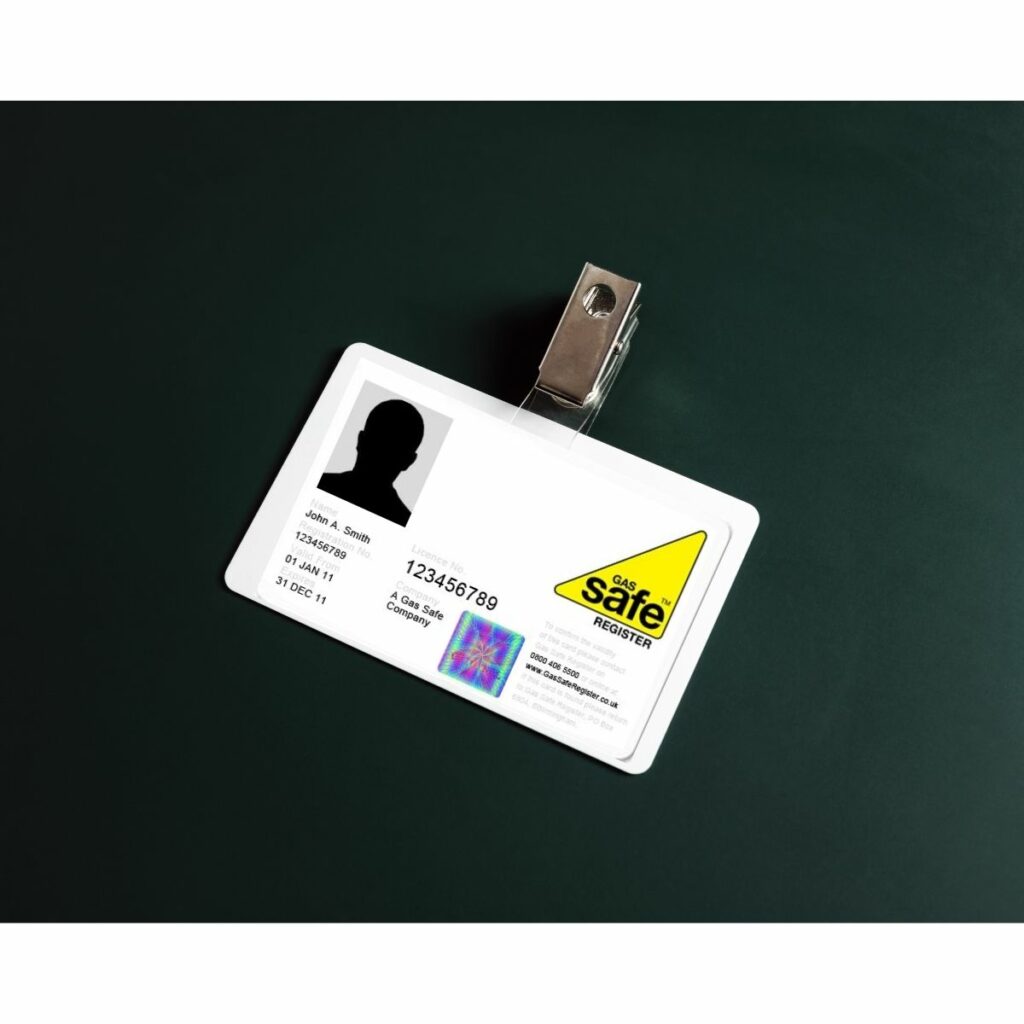
For newly qualified gas operatives, you will be put on a probationary period for up to 6 months where you will need to log all work undertaken. This is so your work can be inspected by Gas Safe confirming you are working safely.
Qualifications for Gas Engineers
A core foundation course is compulsory for all trainees working on domestic gas situations, which includes the main modules related to gas safety. It needs to be completed first. Other appliances, such as boilers, heaters and gas fires require their own assessment.
The following is a list of the most popular qualifications for properties offered by training centres.
Natural Gas:
- Core Gas Safety – CCN1
- Central Heating Boilers & Water Heaters – CENWAT
- Cookers – CKR1
- Ducted Air Heaters – DAH1
- Gas Fires – HTR1
- Laundry Appliances – LAU1
- Meters – MET1
What type of engineer do you want to be?
Before beginning your training as a gas engineer, think about which types of gas appliances you want to work with. There are specific courses for each appliance that will provide you with the certification to work on that appliance.
You will not be legally permitted to work on them unless you have this certificate.
What does a gas course for new entrants involve?
Course training, properly known as the Managed Learning Programme (MLP) follows a similar pattern whichever provider you use:
- Centre based ‘off the job’ managed training. Working with tutors on theory and practical tasks.
- ‘On the job’ work-based supervised training. Working in people’s homes with an experienced gas engineer, learning how to work with appliances in different locations and interacting with customers.
- Compile a portfolio based on both on the job and off the job work done, with photographic evidence and signed by tutors and engineers.
- Upon successful completion of the MLP you will then be able to undertake the ACS assessment.
Centre based training
The gas course for new entrants combines classroom and practical learning in the workshop, as well as the completion of a portfolio made up of real examples of jobs undertaken with a qualified engineer.
The centre based training covers the following main modules:
- Introduction to plumbing, gas and heating theory and principles
- Pipework and Fittings installation practical skills
- Tightness Testing of the gas installation
- Use of Combustion Analysers for safety
- Gas rating, heat input and checking pressures
- Appliance safety devices
- Cooker, gas fire and boiler safety inspection
- Chimney/Flue inspection
- Flue and spillage testing
- Safe isolation of electrical installations
- Ventilation and air vents
- Combustion and Carbon monoxide and CO alarms
- Unsafe situations and warning labels
- Emergency control valves
- Energy Efficiency for Domestic Heating
- Meter regulators
- Fault finding basics on gas appliances
The portfolio of training
Your portfolio is a critical component of your certification. It entails collecting evidence of installation, repair, and servicing work performed in real-world settings under the supervision of a Gas Safe registered engineer.
It needs to include boiler servicing, repairs and installations with photographic example of you doing parts of the job. You usually require a minimum of 18 jobs.
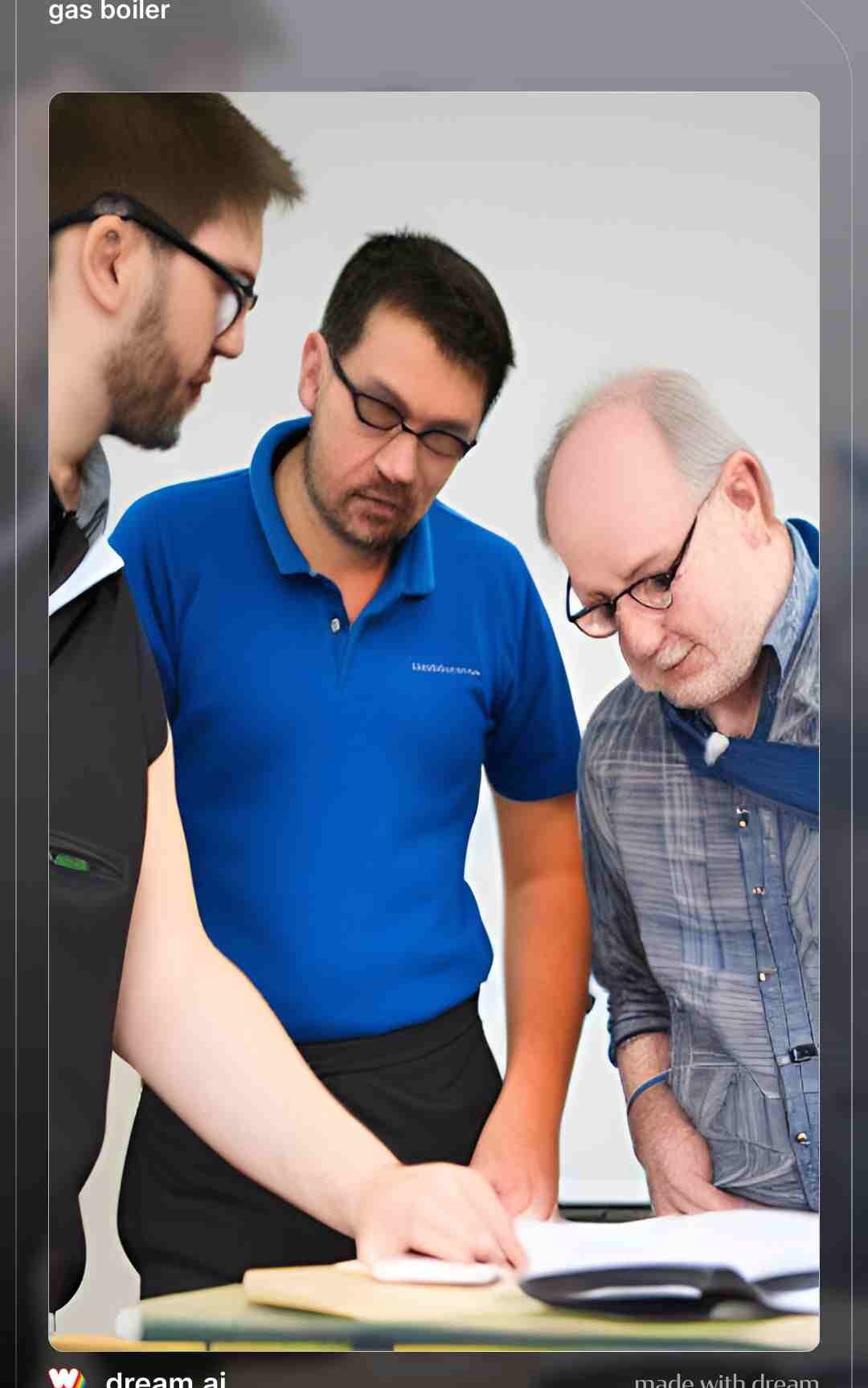
Gas training assessment: final theory and practical exam
This can last between 2 and 5 days. In the written exam, you will need to successfully complete up to 5 separate papers. They are mostly open book where you can refer to manuals and notes for answers. They require a 100% pass rate but you get 3 attempts to achieve it.
The practical exam can take 2 full days to complete. Aspects of each of the main modules are assessed, working with functioning appliances.
Exam help
Although you will have access to a manual for reference, a 400+ page guide isn’t ideal as a quick reference to search something. For this reason, we have produced a revision guide, in less than 70 pages, that highlights all the key aspects of the practical exam you could be tested on.
It has got a 5 star rating on Amazon and we haven’t found anything else like it to help gas trainees prepare correctly for the exam. You can conveniently get it in an e-book or paperback format. Check it out on Amazon on the link below.
How long does the course take?
The classroom practical and theory consists of between 120 and 160 hours of learning over a period of 3-6 months. Some fast track courses can get this done in a matter of weeks full-time everyday.
The length of time it takes to complete the entire programme is heavily influenced by prior experience and your ability to stick to the training schedule.
It is a good idea to find an engineer beforehand who is willing to take you on for the portfolio aspect of the training programme. They must also do all types of jobs the portfolio requires like, repairs and installations.
You will find most engineers, although qualified for all types, tend to specialise in repairs and servicing only, or installations only. In these cases, you will need to find more than one engineer to train alongside.
Registering to be gas safe
If you want to become a Gas Safe registered engineer in the UK, you need to have relevant qualifications and evidence of gas safety competence. Once you have obtained the necessary qualifications and evidence of competence, you can apply for registration with Gas Safe. After a probationary period of three months, you will be fully registered and able to work on gas. You need to to renew your registration annually.
Are there any free courses to become a gas engineer?
There are no free courses to become a fully qualified gas engineer in the UK. To work as a gas engineer, you are required to have the necessary qualifications and certifications, which involve a significant amount of training and assessment.
However, some training providers may offer free introductory courses or taster sessions, which can provide an insight into what the profession involves. It’s worth noting that even if you do find a free course, you will still need to pay for the necessary qualifications and certifications to become a registered gas engineer with the Gas Safe Register.
It’s essential to choose a reputable training provider that offers high-quality training and support to ensure that you are fully prepared for a career as a gas engineer.
Cost to become a gas engineer
Gas course costs can be anywhere between £3500 and £7000 with all materials included. Training centres that provide an experienced gas engineer to help with jobs for your portfolio charge nearer the £7000 mark.
You are charged less if you can find a suitable engineer yourself, that is willing and able to help on portfolio jobs.
Financing the cost of gas training
Unfortunately there aren’t any scholarships or free funding places on gas training courses. In the majority of cases, you will need to self fund your training, unless you get accepted as an apprentice or trainee with a company.
You can spread payments over the duration of the course starting with a deposit to secure your place. Payments are normally interest free if paid in full within 12 months. If you want longer term finance, say up to 3 years, you will normally be charged interest if approved.
You may also be able to apply for Advanced Learner Loans from the government. These are usually available to higher training level students which gas courses are. You can find out more from the training provider you wish to join.
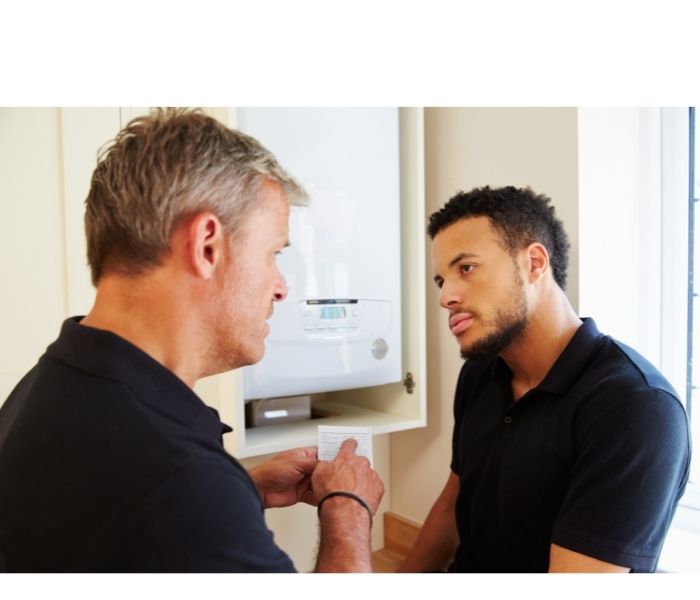
How often are courses run?
Training centres run courses throughout the year and you are likely to find one within a few miles of your home address. However, it’s best to apply early as places are limited, especially in areas of high demand, like major cities.
Is gas training difficult?
The course is challenging but rewarding. It is packed with information and hands-on practical experience, and when combined with the work placement, it adequately prepares you for the gas engineering industry.
You will enjoy it if you like people, doing practical work, and being your own boss.
When can you start a career in gas?
If you’re a school leaver or someone looking for a change in careers, becoming a gas engineer could be an excellent option for you. The gas industry is constantly growing, and there is always a need for skilled professionals.
As a heating engineer, you will be responsible for installing, repairing, and maintaining gas heating systems in homes and commercial buildings. It can be a challenging yet rewarding career, and with the right training and career advice, you can become a successful tradesperson. It’s also important to be prepared for gas emergencies and know how to handle them safely.
By choosing a career in the gas industry, you can gain valuable skills and experience that can lead to a fulfilling and lucrative career.
Becoming a gas engineer in your 30s, 40s or 50s
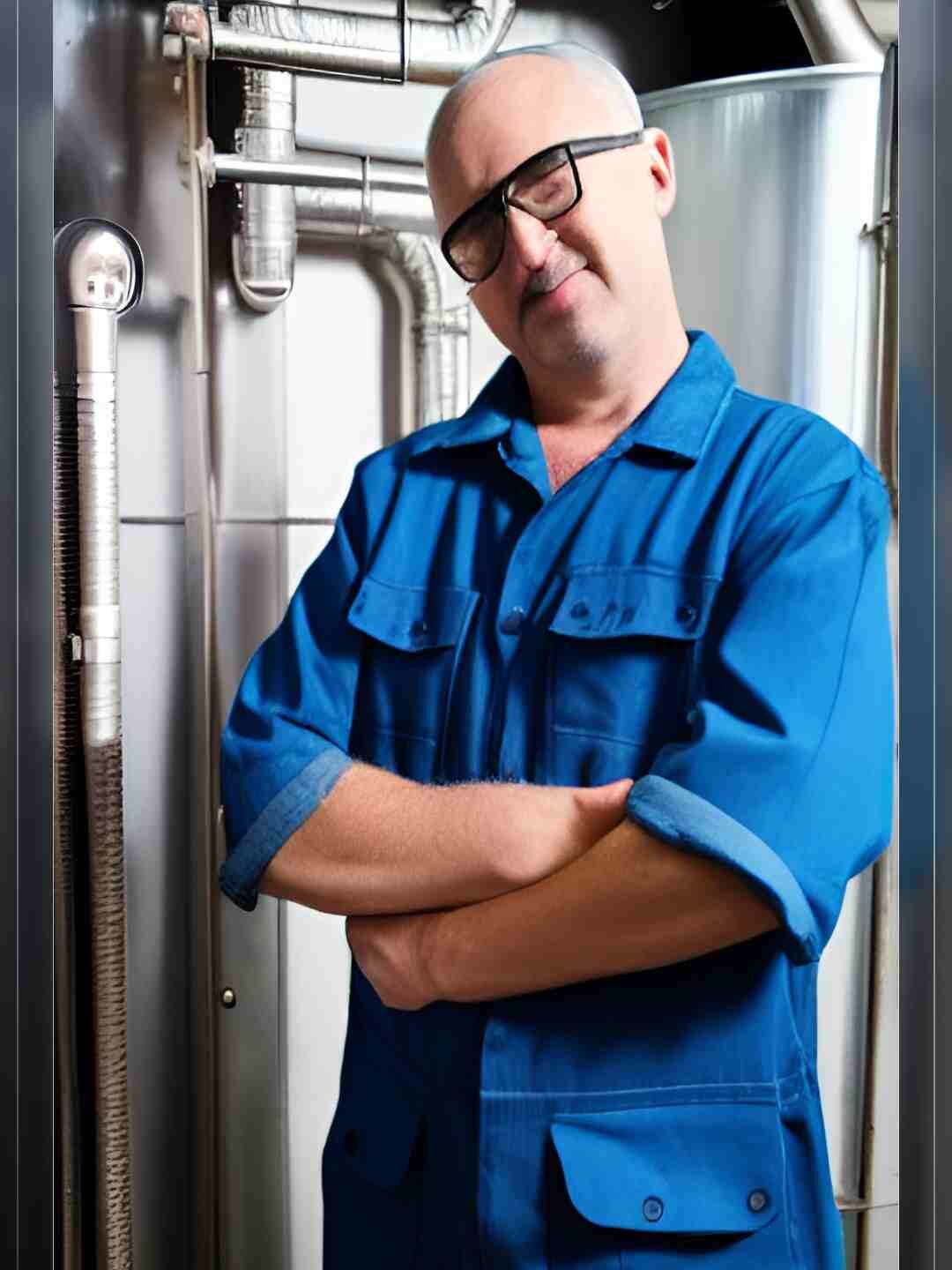
There is no age limit to train as a gas engineer, but you will need to be physical capable with lifting and moving gas appliances, metal pipes and radiators.
If you are coming from a related career, like plumbing or pipe fitting, you may be able to take the fast track route to qualification, which means you qualify earlier.
How much do gas engineers charge per day in the UK?
The cost of hiring a gas engineer can vary depending on several factors, such as their level of experience, location, and the complexity of the job. On average, gas engineers in the UK charge between £200 to £400 per day.
Is being a gas engineer a stressful job?
Like any job, being a gas engineer can come with its own stresses and challenges. The responsibility of ensuring the safety of the public can be a source of stress. However, with proper training and experience, many gas engineers find the job rewarding and fulfilling.
Is being a gas engineer a hard job?
Being a gas engineer can be physically demanding and requires a lot of technical knowledge and skill. It also involves working with potentially dangerous equipment and requires a high level of responsibility. However, with the right training and experience, it can also be a rewarding career.
Is it worth becoming a gas engineer?
Becoming a gas engineer can be a lucrative and rewarding career choice, with good job prospects and opportunities for career advancement. However, it requires a significant investment in training and education, and also comes with a high level of responsibility.

